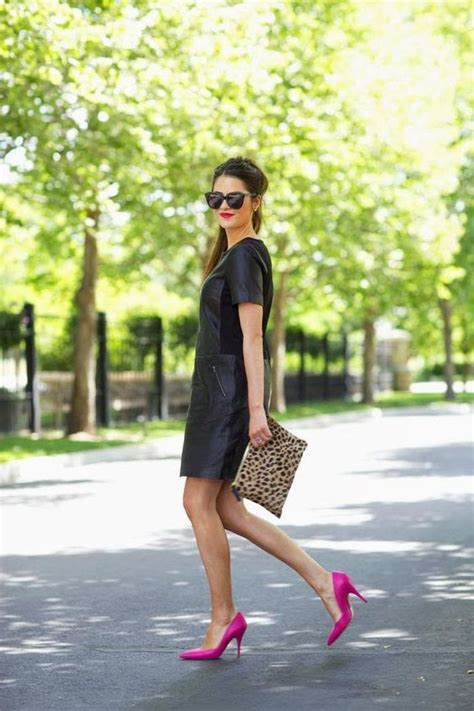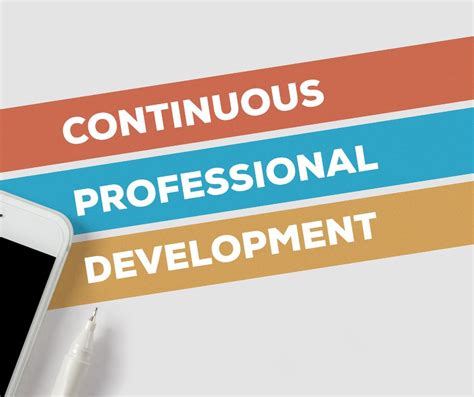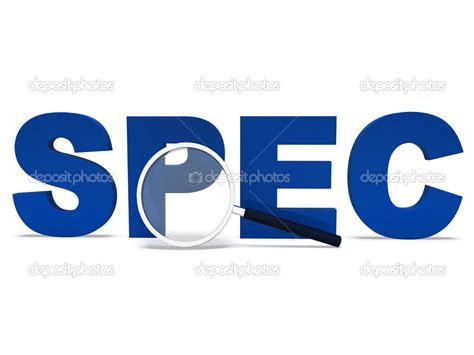The Unspoken Language of Professional Style
In the high-stakes worlds of finance and competitive careers, your professional presence speaks volumes before you utter a single word. While competence and character are paramount, an impeccably curated personal style acts as a powerful amplifier, signaling respect, attention to detail, and a deep understanding of unspoken professional codes. This isn’t about extravagance, but about strategic sartorial choices that boost confidence and command respect.

The Foundation: Tailoring and Fit Are Non-Negotiable
The single most impactful style hack is ensuring your clothes fit impeccably. An expensive suit that hangs poorly looks cheap; a moderately priced suit tailored perfectly looks bespoke. For finance and executive roles, this means:
- Suits: Shoulders lie flat, no pulling or wrinkling. Sleeves allow about a quarter to half-inch of shirt cuff to show. Trousers break once over your shoe.
- Shirts: Collar fits snugly but comfortably. Sleeves are the correct length. The shirt should taper slightly without being overly tight or baggy.
- Jackets/Blazers: The jacket should button without strain and allow natural movement. The length should cover your seat.
Invest in a good tailor. It’s not an expense; it’s an investment in your personal brand.
Strategic Color Palettes and Patterns
While personality can shine through, adhering to classic professional palettes in finance is key to conveying stability and trustworthiness:
- Core Colors: Navy, charcoal gray, and black are your bedrock for suits.
- Shirts: Crisp white and light blue are indispensable. Consider subtle patterns like thin stripes or a very faint check.
- Ties: Silk ties in solid colors (navy, burgundy, forest green) or subtle patterns (regimental stripes, small dots, foulard) are best. Avoid overly loud or novelty ties.
The goal is understated elegance, not fashion-forward experimentation, in most professional finance settings.

Elevating Through Accessories: The Devil is in the Details
Accessories are where you can subtly express individuality while maintaining professionalism:
- Watches: A classic, understated timepiece (leather strap or metal bracelet) is far more professional than an overly sporty or ostentatious one.
- Shoes: Always polished. Oxfords, Derbies, or loafers in black or dark brown leather are standard. Condition your shoes regularly; scuffed shoes undermine your entire look.
- Belts: Always match your shoes in color and leather type. A slim, elegant belt is preferred.
- Pocket Squares: A crisp white linen pocket square is a safe and elegant choice. Consider subtle patterns or colors that complement your tie without matching it exactly.
- Briefcase/Bag: A high-quality leather briefcase or slim portfolio signals professionalism. Avoid backpacks or overly casual bags.

Grooming: The Non-Negotiable Finishing Touch
Even the best suit falls flat without meticulous grooming:
- Haircut: A neat, professional haircut that suits your face shape. Keep it tidy and trimmed regularly.
- Facial Hair: If you have a beard or mustache, ensure it’s meticulously trimmed and well-groomed. If clean-shaven, ensure a smooth shave. Stubble generally doesn’t convey the same level of polish in formal settings.
- Nails: Clean and neatly trimmed.
- Fragrance: Use sparingly. A subtle, classic scent is preferable to an overpowering one.
- Hygiene: Impeccable personal hygiene is fundamental.

Subtle Yet Powerful Details
Beyond the basics, these nuances solidify your professional image:
- Socks: Match them to your trousers, not your shoes, for a seamless line. Solid dark colors are always safe.
- Undergarments: Ensure undershirts are invisible beneath your dress shirt.
- Posture: Stand and sit tall. Good posture instantly projects confidence and authority.
- Ironing and Steaming: Wrinkles are unacceptable. Always present crisp, well-maintained garments.
Mastering these style hacks isn’t about vanity; it’s about leveraging every tool at your disposal to build a powerful and respected professional presence. In finance and competitive careers, your image is a critical component of your personal brand, opening doors and fostering trust.





